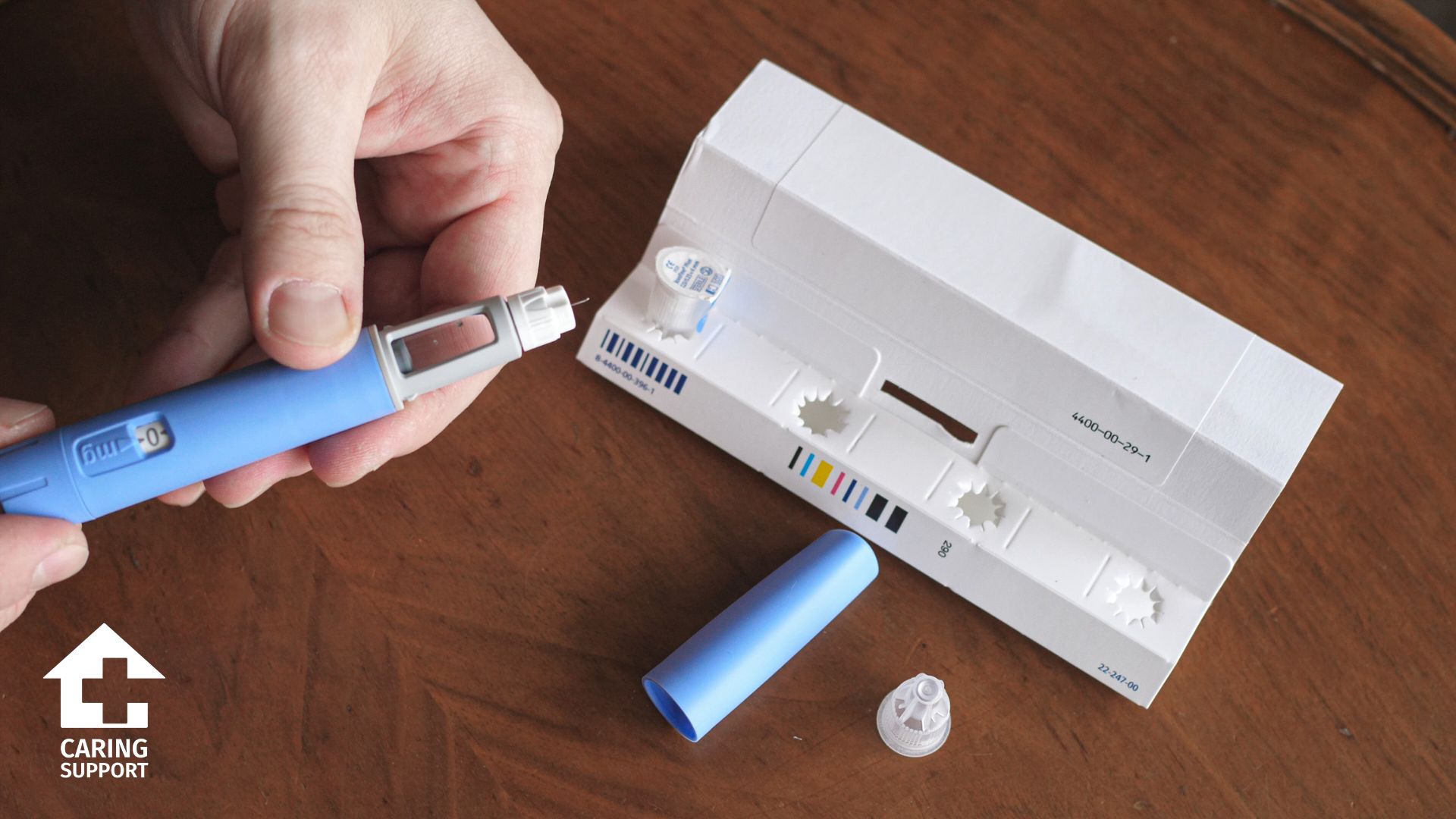
Toronto’s Mental Health Decline Raises Alarm
A ThriveTO report shows Toronto residents reporting “very good” or “excellent” mental health dropped from 73% in 2015 to 52% in 2022. Researchers say the decline began before COVID-19, hits young people hardest, and is linked to discrimination, loneliness, financial insecurity, and growing demand for mental health services.

Therapist Shortages Leave Canadians Struggling to Access Mental Health Care
Rising demand and workforce shortages are making it harder for Canadians to find timely therapy, especially in the public system. Experts warn uneven regulation and limited supervision can affect care quality. Patients are encouraged to vet therapists carefully, prioritize licensed professionals, and seek strong therapeutic fit to improve outcomes.

Canada’s First Alzheimer’s Patient Receives New Drug Treatment
Sharon Runge became the first Canadian to receive Lecanemab, a newly approved Alzheimer’s drug shown to slow disease progression by about 30%. The treatment may extend independent living, but high costs and lack of public funding limit access. Doctors emphasize early intervention and urge government support for equitable access nationwide.

AI Tools Are Helping Ease Canada’s Healthcare Strain
As AI use expands in Canadian healthcare, physicians say tools like AI scribes and predictive analytics can reduce inefficiencies and save time. AI scribes cut documentation workload, freeing hours for patient care, while hospital AI models help predict patient deterioration—improving outcomes. Experts stress AI must support, not replace, human-centered care.

Nationwide Pistachio Recall Expands Amid Salmonella Outbreak
Canada has expanded a pistachio recall to 333 products due to a salmonella outbreak, including items from Peace By Chocolate. The CFIA urges Canadians to check affected products, many containing Iranian pistachios. Salmonella can be dangerous for vulnerable populations, even if food appears normal.

Generic Ozempic in Canada: Lower Costs Coming, but Not Yet
Generic versions of Ozempic may reduce costs in Canada, but experts say approval is unlikely before late spring or summer 2026. Health Canada is reviewing multiple submissions, with prices potentially dropping to 35% of brand-name costs. Affordability remains the biggest barrier for patients needing semaglutide treatment.